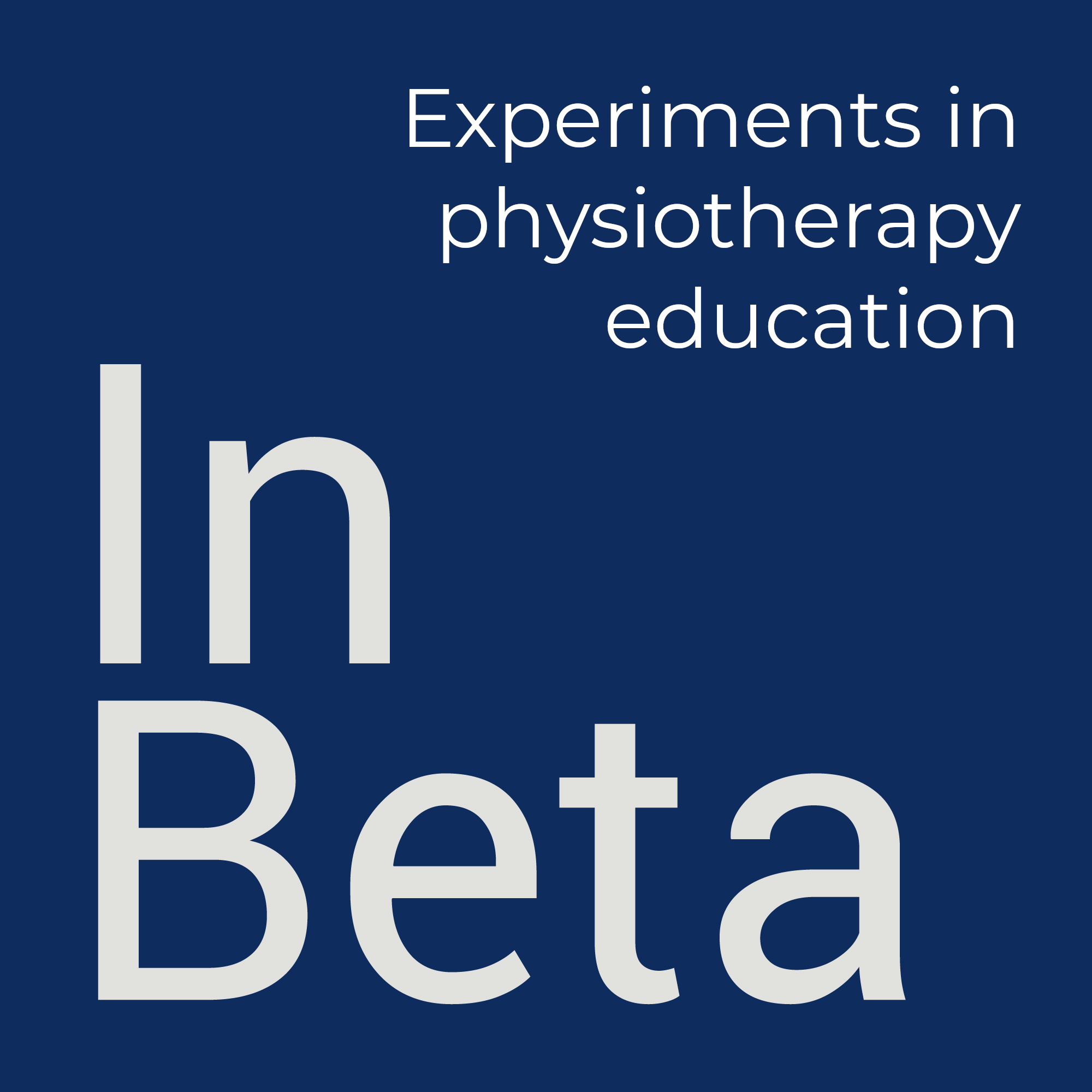The most difficult thing about majorities is not that they cannot see minorities but that they cannot see themselves.
Glen Colquhoun (2004)
Introduction
In a 2005 commencement speech to the graduating class of Kenyon, David Foster Wallace told a story of two fish swimming along when they pass an older fish swimming in the opposite direction. He nods at them and says, “Morning, boys. How’s the water?” The two young fish keep swimming for a while until eventually one turns to the other and asks, “What the hell is water?”
The point of the story is that the most obvious and important realities are often the hardest to see and talk about. If you’re speaking English, that is. If English isn’t a language you’re comfortable speaking in then you may regularly be confronted with the difficult reality that the dominant language of your profession is the one you’re least comfortable expressing yourself in.
To be honest this isn’t something I’ve given much thought to until about a year ago when I had my own “What the hell is water?” moment, which I share in the first few minutes of the podcast below. Obviously, I’m aware that most people in the world don’t speak English as their first language but until recently I’d never questioned the influence of this fact on our profession and professional education.
So, as with most things connected to In Beta, we started with a conversation.
Podcast
English language dominance of the profession
Cleaver, S., Ellis, B. & Rowe, M. (2021). English language dominance of the profession. In Beta podcast.
To the extent that physiotherapy as a profession has engaged in linguistic diversity, this has been limited to translating “outward” from English, where English serves as the template against which translations must take place. In addition, the value of the profession supporting the generation of physiotherapy knowledge and ideas in multiple languages cannot be understated. Sometimes, these ideas will be translated into different languages; occasionally English will be the language into which things are translated, but ideas can and should circulate beyond the reach of monolingual English speakers.
In this episode Ben and Michael speak to Shaun Cleaver about the idea that English is taking over as the default language, not only of communication between people of different cultures, but also as the language of knowledge generation and dissemination. We talk about why this might be a problem, and how we might start thinking about solutions.
The Globalization of Qualitative Research
Alasuutari, P. (2004). The Globalization of Qualitative Research. In: Clive Seale et al.: Qualitative Research Practice. London: Sage. pg. 595-608
At a basic level, the proportion of Finnish work cited in the text will not be helpful to British, American or other readers, to whom this literature will not be readily available or familiar. … Would it be possible to rework the text as you go along so that references of this kind are replaced by references to examples which are fairly well-known in the English language literature?
Enough said.
The costs of translation
Cleaver, S. & Hudon, A. (2018). The Costs of Translation. Critical Physiotherapy Network blog.
Language is one of the various ways through which the richness of the planet’s culture can be shared and acknowledged. Caring professions have a role to play in recognizing and embracing this diversity; doing so is necessary to effectively reach the people these professions care for. However, current trends in science in healthcare tend to have shifted toward an English-language hegemony, where conferences, publications and books are mainly presented and published in English. It is our impression that our profession has, perhaps blindly, followed this trend such that linguistic diversity is not appropriately enabled in many ways. Indeed, physiotherapy might be even more linguistically hegemonic than our peer professions: whereas the professional bodies of other caring professions (e.g., occupational therapy, nursing, and medicine) have adopted multiple official languages, the World Confederation for Physical Therapy is officially English-only.
In this insightful blog post, Shaun and Anne present different perspectives on what I’ll call the “cost-of-translation” argument as a rationale for why we cannot be more inclusive in our conception of what a global coming together of ideas can be.
